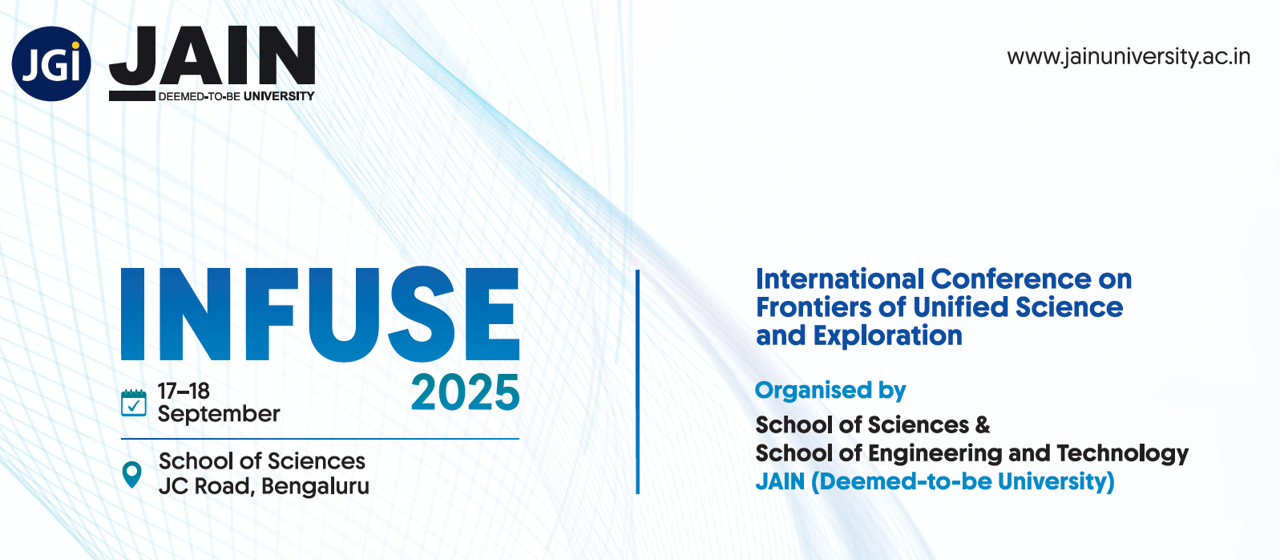Speaker
Description
The declining Indoor air quality is an increasing issue in urban cities because of direct influence on human health and well-being. Poor air quality is a major threat as it leads to respiratory ailments, allergies and other long-term health issues. With rapid and continuous urbanization worldwide, prolonged indoor exposure to airborne pollutants such as particulate matter [ PM 2.5 and PM 10], volatile organic compounds [ VOCs], carbon dioxide(CO₂) and nitrogen & sulphur oxides (NOₓ, SOₓ) has become a major concern. Traditional air filtration systems, though efficient, tend to be based on synthetic material and high energy use and are therefore unsustainable over the long term. This project introduces a novel solution to the air filtration system by incorporating biological elements for effective air cleaning.
The prototype incorporates photosynthetic microorganisms which actively removes gaseous pollutants like VOCs, CO₂ and other pollutants through natural metabolic processes like bioremediation and biofixation. Along with the culture, the bio-air filter is positioned in the system to act as a natural absorber of fine particulate matter like PM 2.5 and PM 10, which are known to penetrate deep into the respiratory system and cause inflammation. A bio-system has been added in addition for passive filtration to trap airborne allergens such as dust, pollen and other microscopic pollutants.
This biofilter system represents a sustainable yet energy-efficient alternative to mainstream air purification technologies. While mechanical filters need to be frequently replaced and create waste, the biological components need less or no maintenance. This prototype combines various natural metabolic processes to create a scalable, environmental-friendly option for indoor air purification systems.

